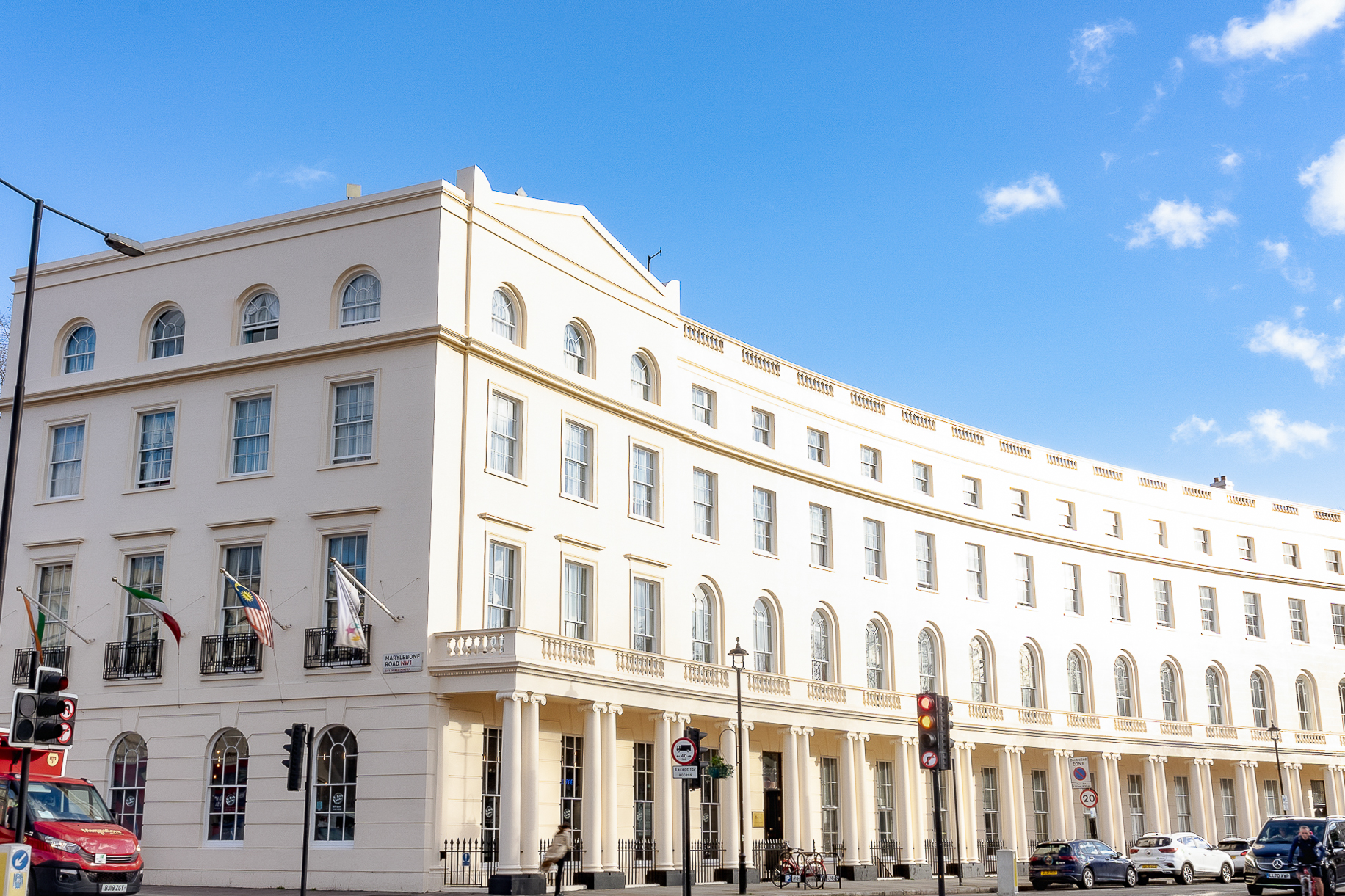
16 Oct The Ultimate Guide to Choosing the Right Venue for Your Event
When planning an event, one of the biggest decisions you’ll face is selecting the right venue. The type of venue you choose impacts everything from the ambiance to the overall experience of your guests. Let’s explore some common venue types, their advantages and disadvantages, and why careful deliberation is key to a successful event.
1. Conference Centres
Conference centres are purpose-built venues designed to accommodate a wide range of professional events, including corporate meetings, conventions, seminars, and trade shows.
Pros:
- Comprehensive amenities: These event spaces come fully equipped with state-of-the-art technology, high-speed Wi-Fi, and catering options.
- Ample space: They often offer different rooms or sections, allowing flexibility in event size and breakout spaces for workshops or networking.
- Professional staff: Many conference centres have dedicated event staff to help with setup, catering, and tech support.
Cons:
- Costly: The convenience can come with a high price tag, especially in prime locations.
- Generic atmosphere: Conference centres can sometimes feel a bit impersonal or corporate, lacking unique charm.
Why it matters:
If your event is a large-scale business conference, a conference centre could be perfect. But for smaller or more intimate events, the sterile, business-like environment may not set the right tone.

Guests will have a more enjoyable experience when event planners select the perfect venue for the occasion.
2. Hotels
Hotels are a go-to venue choice for event planners seeking convenience, elegance, and full-service options under one roof.
Pros:
- On-site accommodations: Great for events where guests are traveling, as they can stay on-site.
- All-inclusive packages: Hotels often offer event packages that include catering, room setup, and accommodation.
- Variety of event spaces: From grand ballrooms to smaller meeting rooms, hotels provide flexibility in size and layout, catering to both large and intimate gatherings.
Cons:
- Availability: Hotels can book up quickly, particularly during peak seasons, making scheduling difficult.
- Pricing: Additional fees may apply for services like parking, and room block requirements can increase costs.
Why it matters:
Hotels work well for weddings, conferences, and multi-day events where guests may need accommodation. However, if you’re planning a unique or themed event, a hotel venue may feel too formal.
3. Outdoor Venues
Outdoor venues offer a range of beautiful and flexible options.
Locations:
- Parks provide expansive green spaces that are ideal for casual gatherings, festivals, and picnics, with options for playgrounds or lake views.
- Gardens, with their blooming flowers and manicured landscapes, offer a picturesque setting perfect for weddings and cocktail parties.
- Beaches bring a laid-back vibe with stunning ocean views, ideal for beachside ceremonies and sunset receptions.
- Rooftops offer a modern, urban setting with skyline views, making them perfect for cocktail parties and networking events.
- Vineyards add a rustic charm with their scenic rows of grapevines, often paired with wine tastings for a unique experience.
- Open fields provide a blank canvas for large events like music festivals, fairs, and tented weddings.
Pros:
- Natural beauty: Outdoor venues provide a scenic backdrop, reducing the need for extensive decor.
- Flexible layout: Outdoor spaces allow for creative arrangements and larger guest capacities.
- Casual vibe: These venues can create a relaxed atmosphere perfect for social events like picnics, festivals, and outdoor weddings.
Cons:
- Weather-dependent: Inclement weather can disrupt your event, so backup plans are essential.
- Permits and restrictions: Public outdoor spaces may require permits, and there may be restrictions on noise, alcohol, or tent setup.
Why it matters:
For casual gatherings or festivals, outdoor venues add charm. But if you’re planning a formal or weather-sensitive event, be sure you’re prepared for potential challenges.
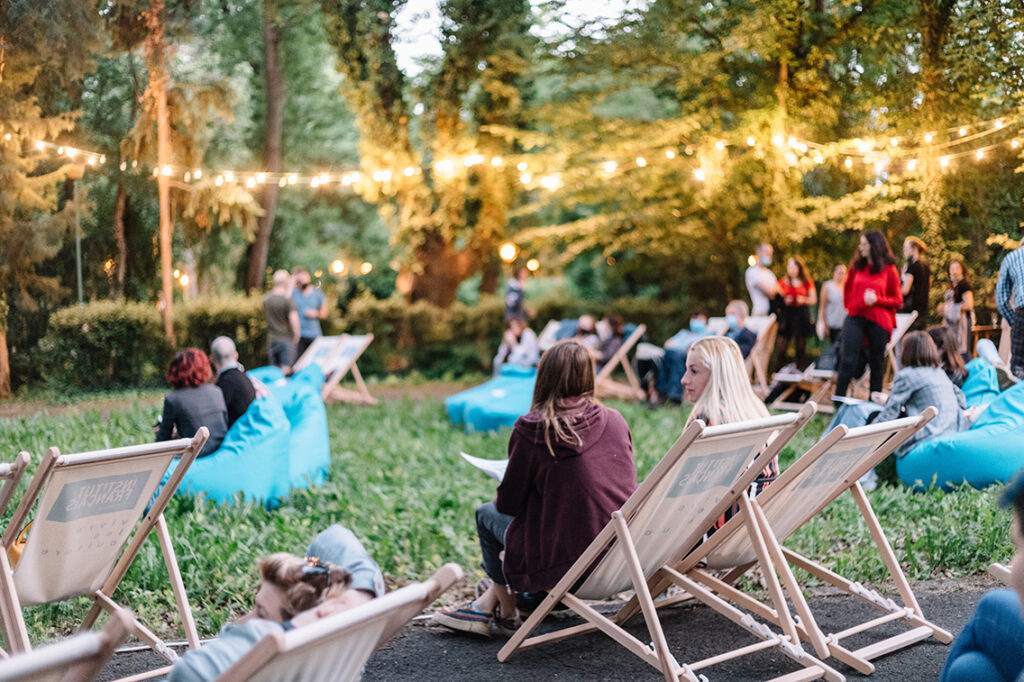
Outdoor venues allow for creativity and connection with nature, making them versatile and memorable spaces for any event. Photo by Deea_Olteanu.
4. Historic or Unique Buildings
These unique venues offer character and ambiance that can’t be replicated, creating memorable experiences for attendees.
Locations:
- Museums provide a cultural atmosphere with impressive architecture and curated exhibits, making them perfect for formal gatherings.
- Libraries offer a sophisticated, classic setting with grand bookcases and quiet reading rooms, ideal for intimate receptions or literary-themed events.
- Castles bring a fairytale charm with their historic grandeur and scenic grounds, making them popular for weddings and upscale galas.
- Theatres deliver a dramatic flair with ornate designs, ideal for performances, award ceremonies, or presentations.
- Historic mansions provide a luxurious and elegant ambiance, blending history with charm for upscale parties, private dinners, and corporate events.
Pros:
- Memorable ambiance: These venues offer a unique, often luxurious setting with historical significance.
- Photo opportunities: The architecture and character of these venues create a beautiful backdrop for photos.
- Cultural enrichment: For events like galas, corporate functions, or weddings, the venue itself becomes part of the experience.
Cons:
- Strict regulations: Historic sites often have strict rules regarding decor, catering, and noise levels to protect the venue.
- Accessibility: Older buildings may lack modern amenities like elevators, which can pose challenges for guests with mobility issues.
Why it matters:
If you’re looking to create a lasting impression, historic venues offer elegance and charm. However, they’re best suited for smaller, more formal gatherings where the character of the venue enhances the experience.
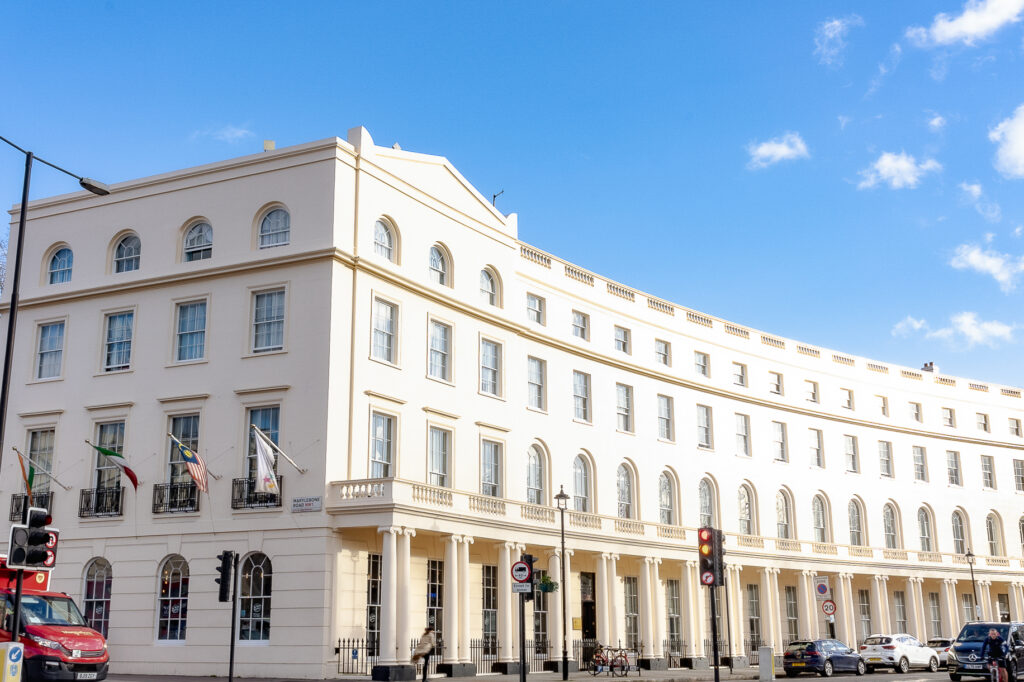
With its historic charm and versatile multipurpose spaces, ISH Venues is the perfect setting for all types of events.
5. Restaurants and Bars
Restaurants and bars have become popular event spaces for those looking to host smaller, more intimate gatherings with a casual, yet stylish, ambiance.
Pros:
- Built-in catering: Many restaurants and bars offer package deals for food and drink, saving you the hassle of coordinating catering.
- Casual setting: Ideal for intimate gatherings like birthday parties, engagement celebrations, or networking events.
- Customisable spaces: Some restaurants offer private rooms or the option to rent the entire space.
Cons:
- Limited space: Most restaurants and bars can only accommodate a certain number of people, making them unsuitable for larger events.
- Availability constraints: Restaurants are often busiest on weekends, so booking may be challenging during peak times.
Why it matters:
For smaller social gatherings, restaurants and bars provide a cosy, relaxed environment. However, they’re not ideal for larger events, so consider guest count and space availability carefully.
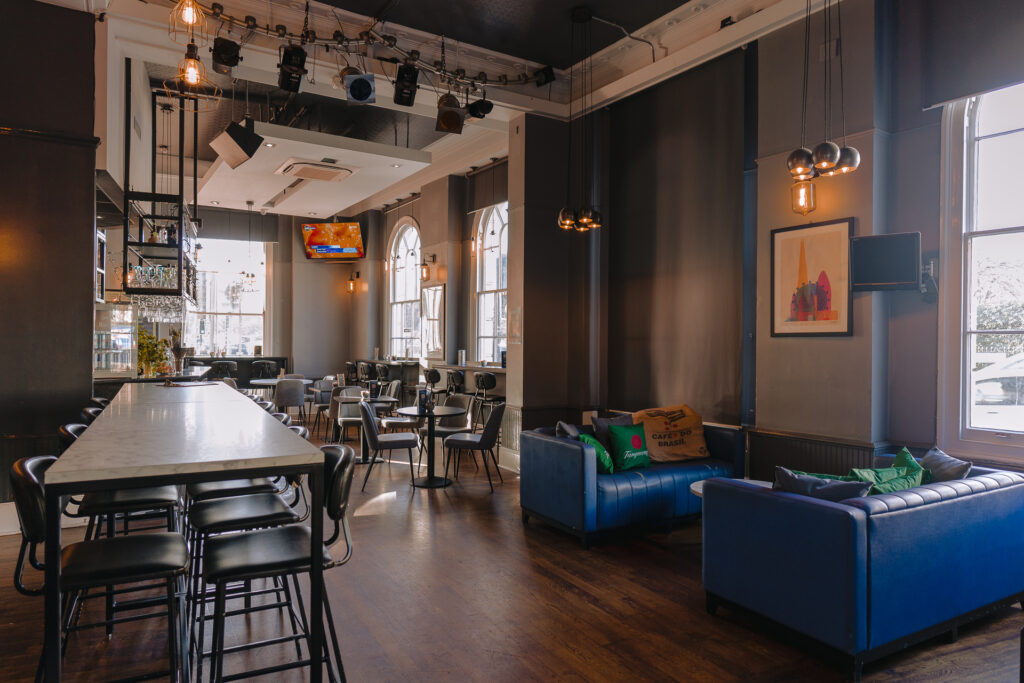
With unique decor, mood lighting, and a cosy atmosphere, The Thirsty Scholar Bar & Cafe creates a relaxed environment perfect for an event focused on socialising and mingling.
6. Banquet Halls
Banquet halls are versatile and spacious venues, specifically designed to host a variety of events, from weddings and corporate functions to birthday parties and gala dinners.
Pros:
- Adaptable space: Banquet halls are empty canvases that can be tailored to fit any theme or style.
- Ample facilities: They typically offer plenty of parking, on-site restrooms, and dedicated kitchen facilities for catering.
- Event-focused: Banquet halls are specifically designed for events, so most will include tables, chairs, and stage options.
Cons:
- Generic feel: Unless you put in the effort to decorate, banquet halls can feel plain.
- Potential extra costs: Because they are blank slates, you may need to spend more on decor and rentals.
Why it matters:
Banquet halls are ideal for events that require significant customisation. However, you’ll need to be prepared to invest in decor to transform the space.
7. Multipurpose Spaces
Multipurpose spaces are versatile venues designed to host a wide variety of events, ranging from business meetings and conferences to social gatherings, parties, and community events.
Pros:
- Flexibility: Their adaptable layouts allow for creative setups and different room configurations.
- All-in-one amenities: These spaces often include essential features like audio-visual equipment, lighting, and seating, reducing the need for additional rentals and making event planning more convenient.
- Cost-effective: Since multipurpose spaces can be used for various types of events, they often offer competitive rates and package deals for different needs.
Cons:
- Limited ambiance: Multipurpose spaces are typically built to be functional and neutral, which may require extra effort to create a unique or themed atmosphere.
- Availability: Due to their versatility, these spaces can be in high demand, so booking in advance is essential, especially for peak event seasons.
Why it matters:
Multipurpose spaces are ideal for events that require adaptability. Their flexibility and functionality make them a practical choice, but if you’re looking for a specific ambiance, be prepared to invest in decor to transform the space.
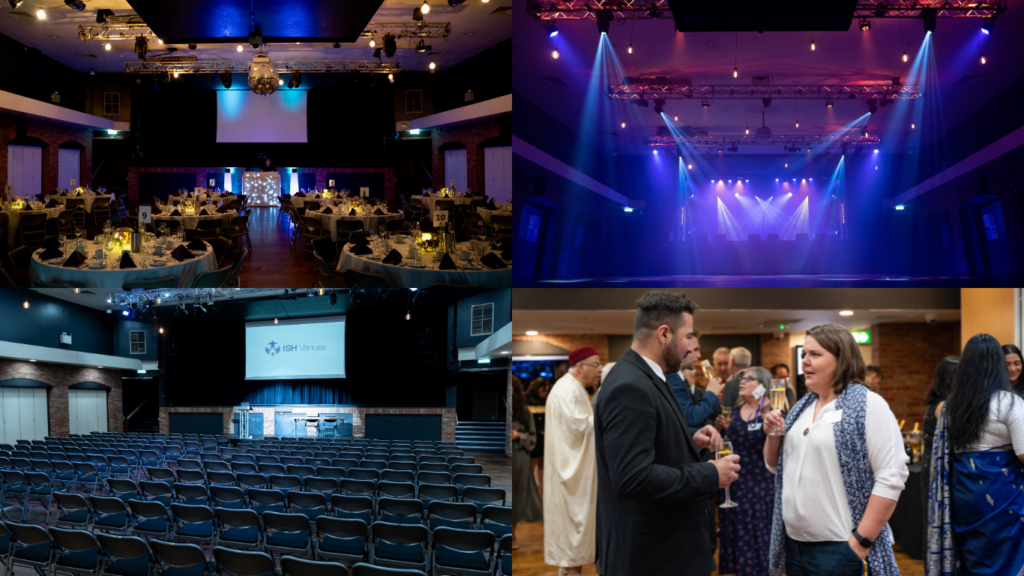
Venue 1 is the ultimate multipurpose space! With a flexible layout, top-notch amenities, and endless customisation options, it’s perfect for any event.
Why Choosing the Right Venue is Essential
The type of venue you choose can either enhance or detract from the overall experience. Consider your event goals, guest experience, budget, and logistics when evaluating each venue option. Taking the time to carefully weigh the pros and cons of each type ensures you’ll select a setting that complements your vision and meets your event’s needs.
Have you also read these articles?
How to Host a Charity Event That Makes a Difference
A Guide to Creating the Perfect Venue Setup


